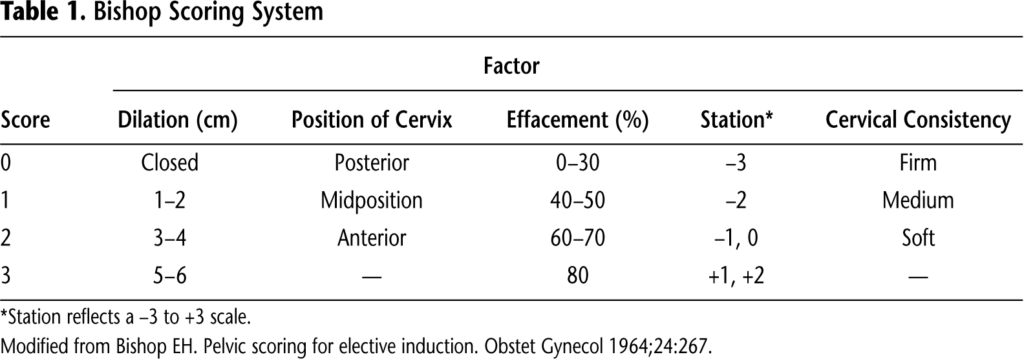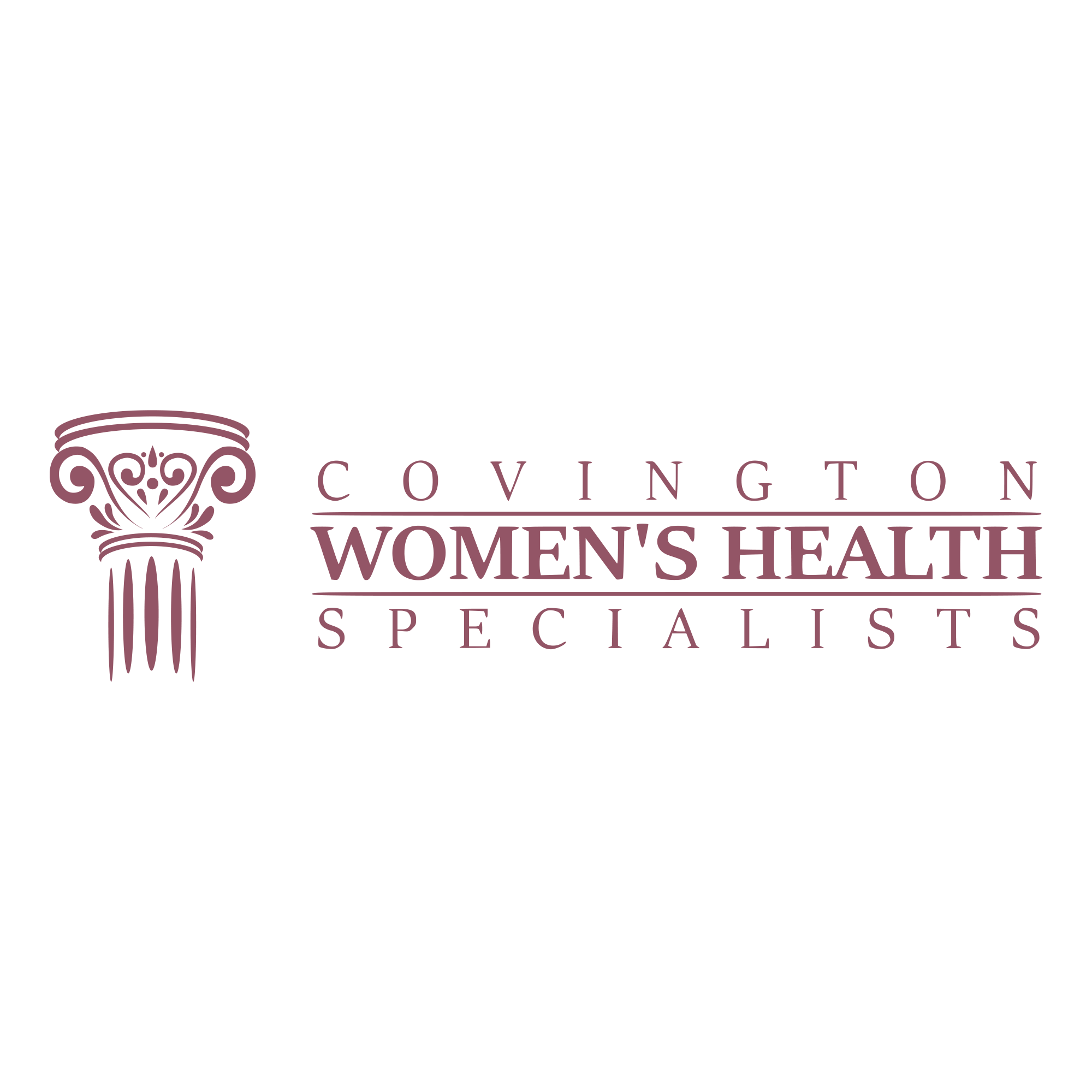Not One, Not Two, but THREE VBACs!
A Patient’s VBAC Journey to a Large Family
Pregnancy, labor, and delivery can be unpredictable. No matter how much we plan, things can take an unexpected turn and often quickly! Our patient, Maglyne, knows this firsthand.
Maglyne recalls her first birth experience: “I am originally from Haiti, where pregnancy and childbirth are approached very naturally, with minimal intervention unless necessary. I wanted the same for my pregnancy. I found a midwife I trusted and had excellent prenatal care. I did everything I could to prepare for a natural, medication-free birth.”
However, things didn’t go as planned. Toward the end of her pregnancy, Maglyne’s baby was found to be in the breech position. Despite all efforts, her baby remained in the breech position, making a C-section necessary.
“I was so disappointed when I found out I needed a C-section,” Maglyne shares. ”It was the exact opposite of what I had envisioned. But I knew I had to do what was best for my daughter.”
Dreaming of a large family with her husband, Charlemagne, Maglyne knew the risks of multiple C-sections. For her next pregnancy, she prioritized a VBAC (Vaginal Birth After Cesarean), hoping for a smoother recovery and the natural birth she hadn’t had with her first child. In 2020, when Maglyne became pregnant again, she found Covington Women’s Health Specialists and began prenatal care with us.
“Having a vaginal birth after a C-section (VBAC) was very important to me for my next pregnancy. I was worried about finding a practice that would allow VBACs. I learned that some places don’t even give women the option to try.”
Discovering Covington Women’s Health Specialists and Dr. Sherley C. Samuels in 2020 was pivotal. Dr. Samuels’ support and shared Haitian heritage fostered trust. Maglyne successfully delivered her second daughter via VBAC that year.
“Dr. Samuels and I connected immediately. She listened to us and never dismissed our concerns,” Maglyne explains. “When Dr. Samuels told me her family was also from Haiti, I knew we were a perfect match.”
Because of their strong bond with Dr. Samuels, Maglyne and Charlemagne knew they wanted her by their side for their third pregnancy. “We couldn’t imagine going through the experience with anyone else,” Maglyne shared. In 2022, she had her second successful VBAC with Dr. Samuels, welcoming the family’s third daughter.
In 2024, their bond grew even stronger when Maglyne and Dr. Samuels discovered they were both expecting just a few weeks apart! Dr. Samuels delivered Maglyne’s son, her third VBAC, shortly before her own baby’s arrival.
“I am so grateful Dr. Samuels was there for my third VBAC and delivered our little boy,” said Maglyne. “She is an incredible, dedicated doctor!”
Are you or someone you know interested in a Vaginal Birth After C-Section (VBAC)?
Maglyne’s story highlights the possibility of VBACs with our supportive healthcare team. If you’re considering a VBAC, we’d love to discuss your options with Covington Women’s Health Specialists. Make an appointment with us online or call (770) 385-8954.






